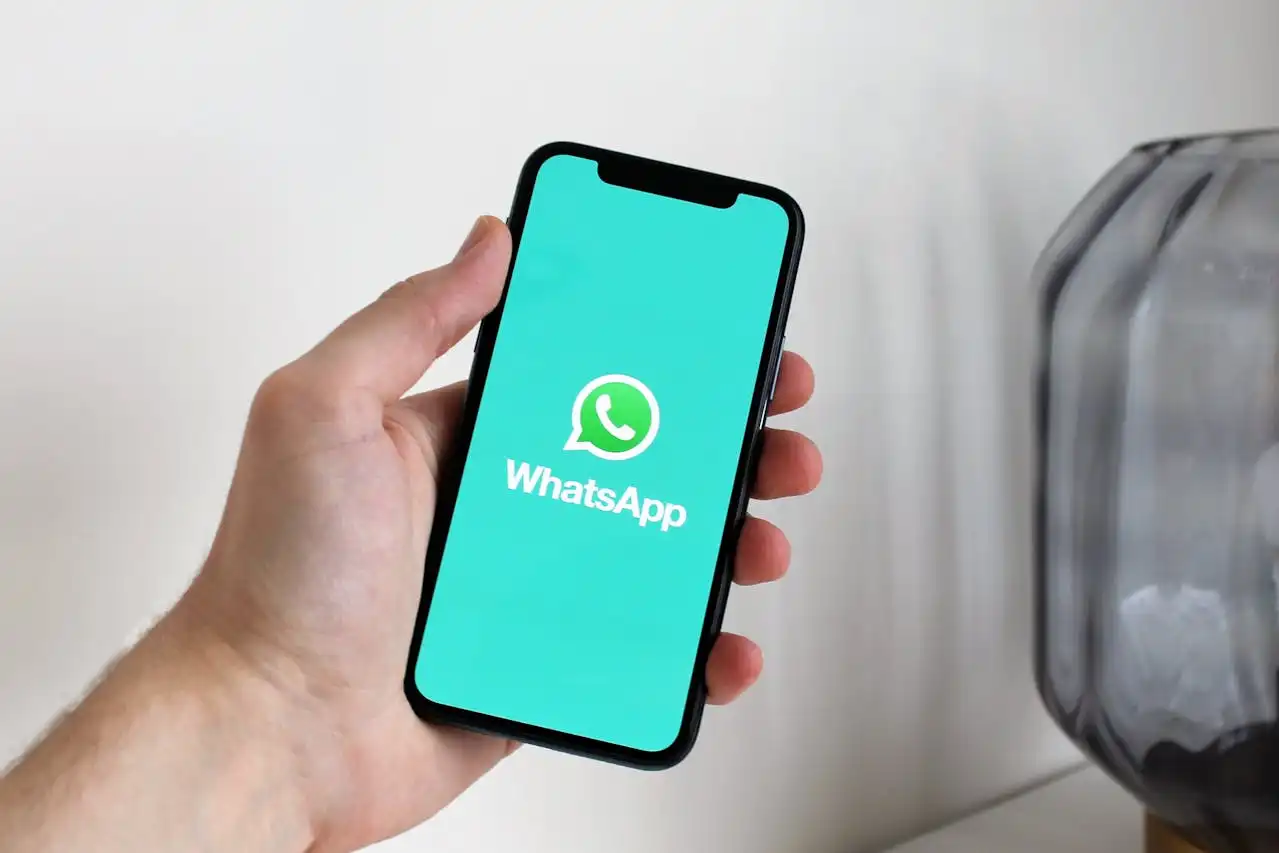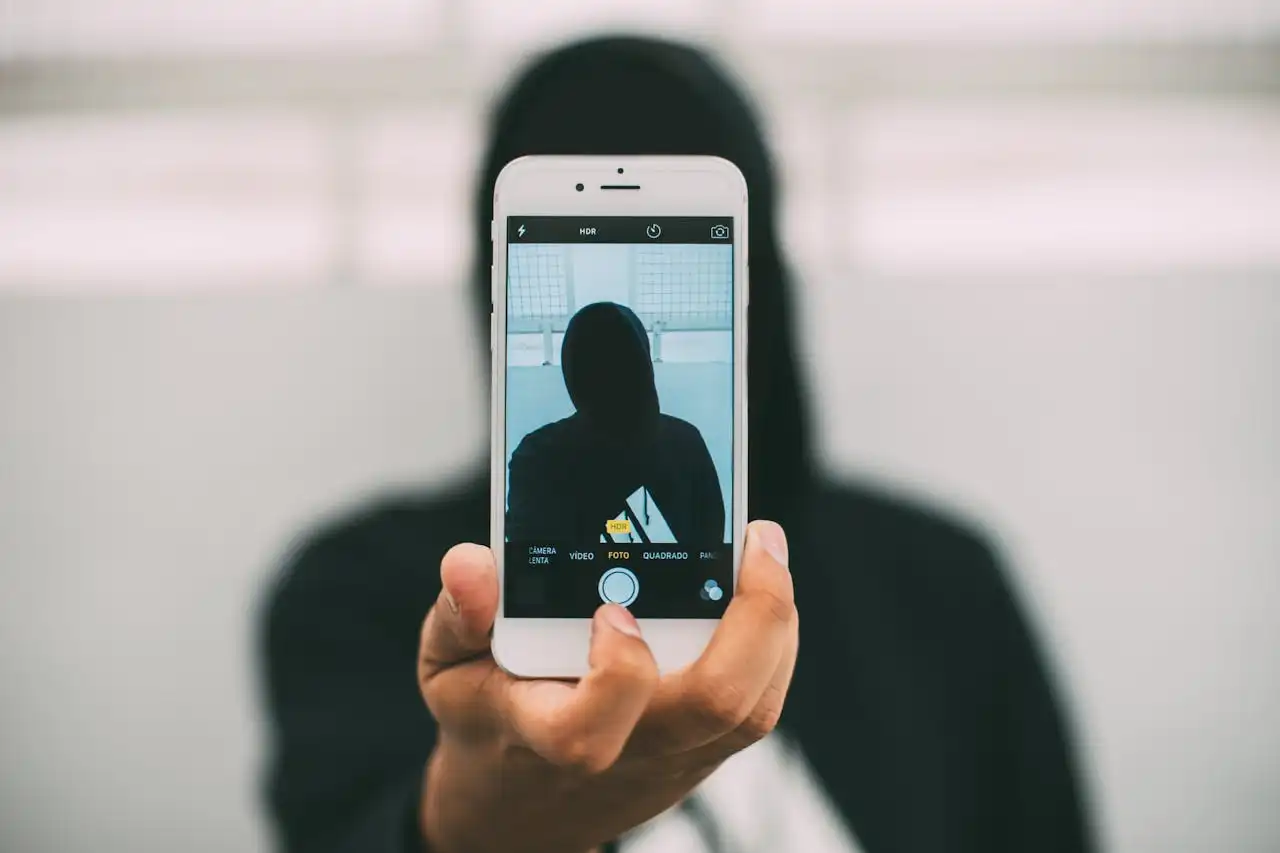The Digital Tightrope: How Social Media Puts a "Double Burden" on Today's Teens
Muhe - Friday, 29 August 2025 | 11:55 AM (WIB)


Reclaiming Their Digital Lives: A Path Forward
But it's not all doom and gloom. There's a way through this digital jungle, and it starts with a collective effort. The article from Antara News wisely points to the absolute necessity of digital literacy, not just for the teens themselves, but for parents and educators too. Think of it as teaching them how to swim in the vast, often turbulent, ocean of the internet.For Teens: The Art of Digital Self-Awareness
For teenagers, it's about equipping them with critical thinking skills. It's about helping them become digital detectives, able to sniff out the difference between authentic content and a carefully constructed illusion. Can they see past the filters and understand that what they're seeing is often just one sliver of someone's reality, meticulously chosen and edited? Do they understand that likes and follower counts are just numbers, not a measure of their inherent value? Encouraging self-awareness about their social media habits is crucial. Asking questions like, "How does this make me feel?" or "Am I scrolling mindlessly, or am I engaging intentionally?" can be game-changers. It’s about being present, both online and off, and understanding that their worth isn't tied to going viral or achieving "main character energy" every single day.For Parents: Navigating the Digital Waters Together
Parents aren't off the hook either. Their role isn't just about setting screen time limits, though that's certainly part of it. It's about becoming digital guides. This means engaging in open, honest conversations about social media, understanding the platforms their children use, and discussing both the joys and the pitfalls. Setting clear boundaries – like no phones at the dinner table or before bed – is vital. But more importantly, it's about fostering an environment where teens feel comfortable talking about their online experiences, their anxieties, and even their mistakes, without fear of judgment. It’s about being a sounding board, not just a rule enforcer.For Educators: Building Future Digital Citizens
Educators also have a significant part to play, integrating digital literacy into the curriculum. Schools can be instrumental in teaching responsible online behavior, media discernment, and the importance of digital well-being. By fostering critical thinking skills, they can help students navigate the complex ethical dilemmas that arise in the digital sphere, preparing them not just for academics, but for life in an increasingly connected world.Striking a Balance
Ultimately, the goal isn't to demonize social media; it’s an undeniable part of modern life. The aim is to empower teenagers to navigate its complexities with wisdom, resilience, and a strong sense of self. It’s about helping them understand that their true value lies not in the pixels on a screen, but in their authentic selves, their relationships, and their real-world experiences. By fostering digital literacy for everyone involved, we can help today’s youth shed that "double burden" and step into their own, genuinely vibrant, stories – both online and off. Because let's face it, a real, unedited smile beats a filtered one any day of the week.
Your Weekend Won't Recharge Itself: A Guide to Crushing the Energy Reset
6 months ago

The Hidden Horrors of Tear Gas: More Than Just a Fleeting Sting
6 months ago

1312: The Meaning, Origin, and Social Context of the Notorious Number
6 months ago

Say Goodbye to Awkward Texts: WhatsApp Unveils Your New AI Writing Coach
6 months ago

The Secret Weapon of Penguins: Why Their Poop is More Impressive Than You Think
6 months ago

NVIDIA Crushes New Record, Yet Market Concerns Still Exist Over "AI Bubble"
6 months ago

Your Cosmic DNA? Unpacking How Zodiac Signs Shape Who We Are
6 months ago

The Siren Song of Easy Money: Why We Can't Resist
6 months ago

Unplug and Recharge: Your Guide to Escaping the Gadget Grip
6 months ago

The Dark Side of the Shot: When Selfies Are an Actual Danger in Real Life
6 months ago
